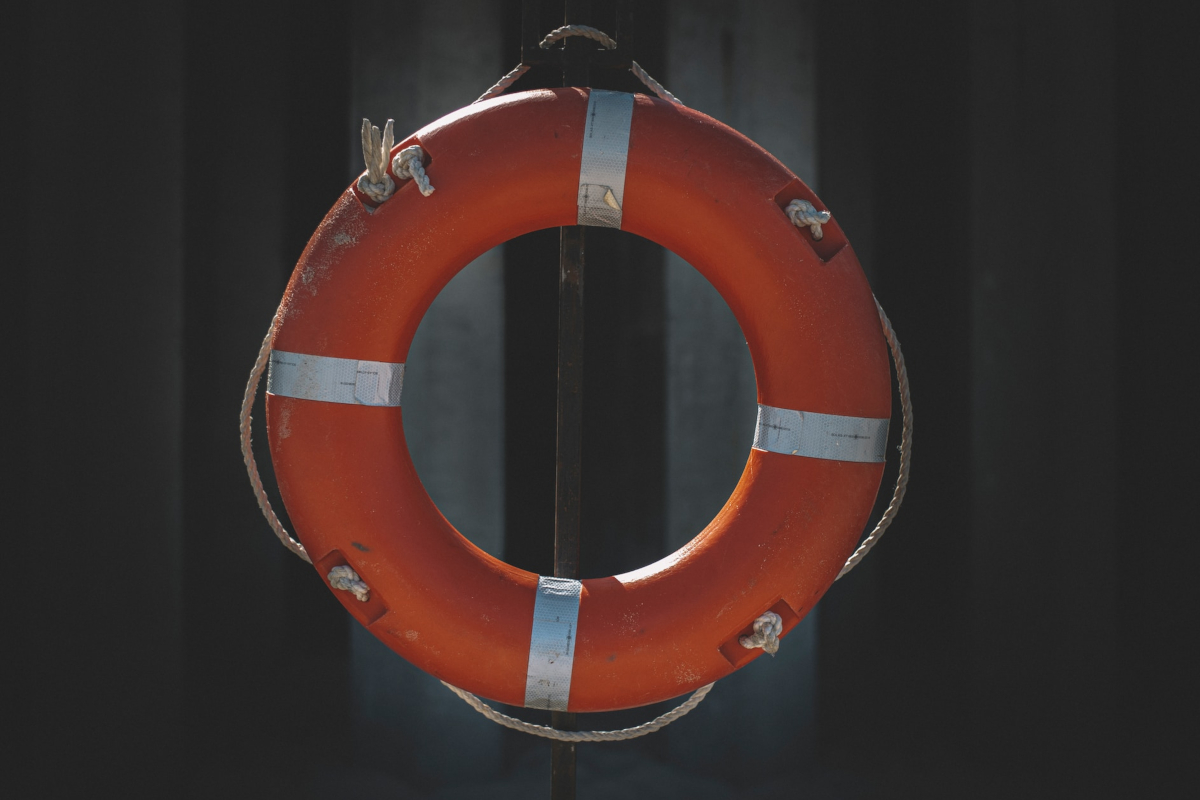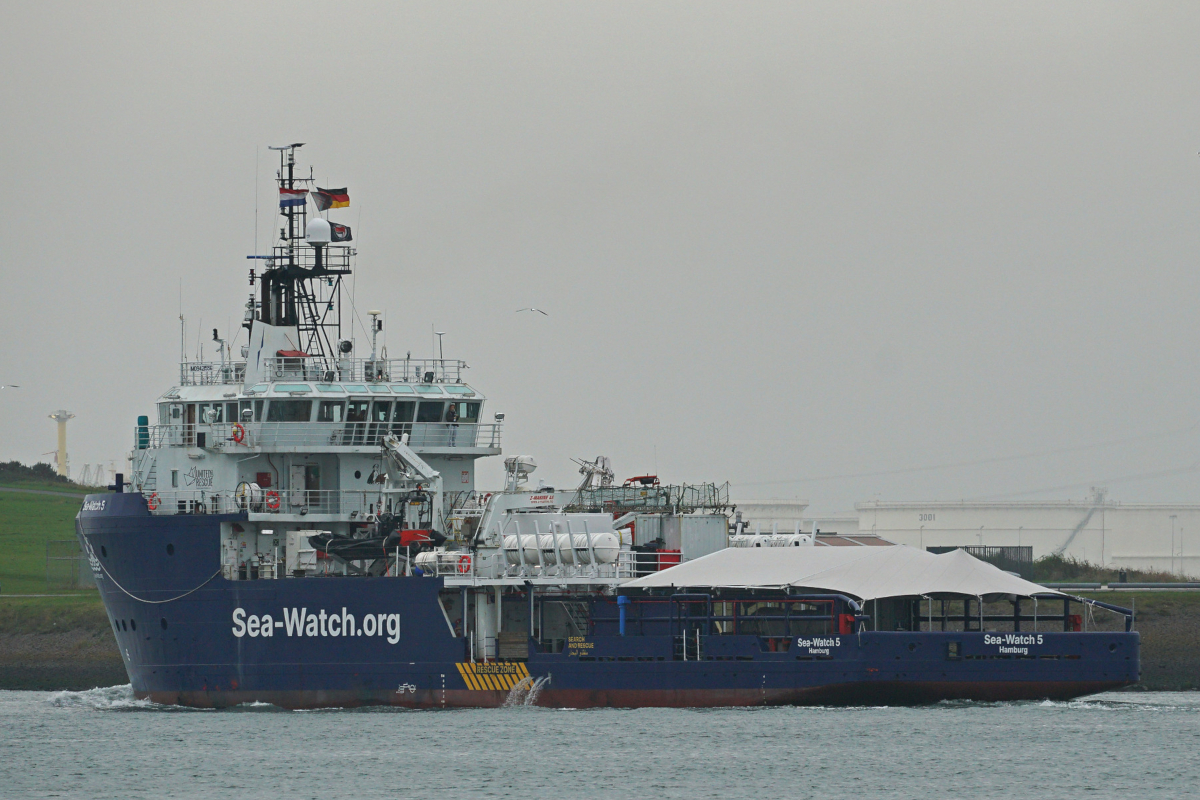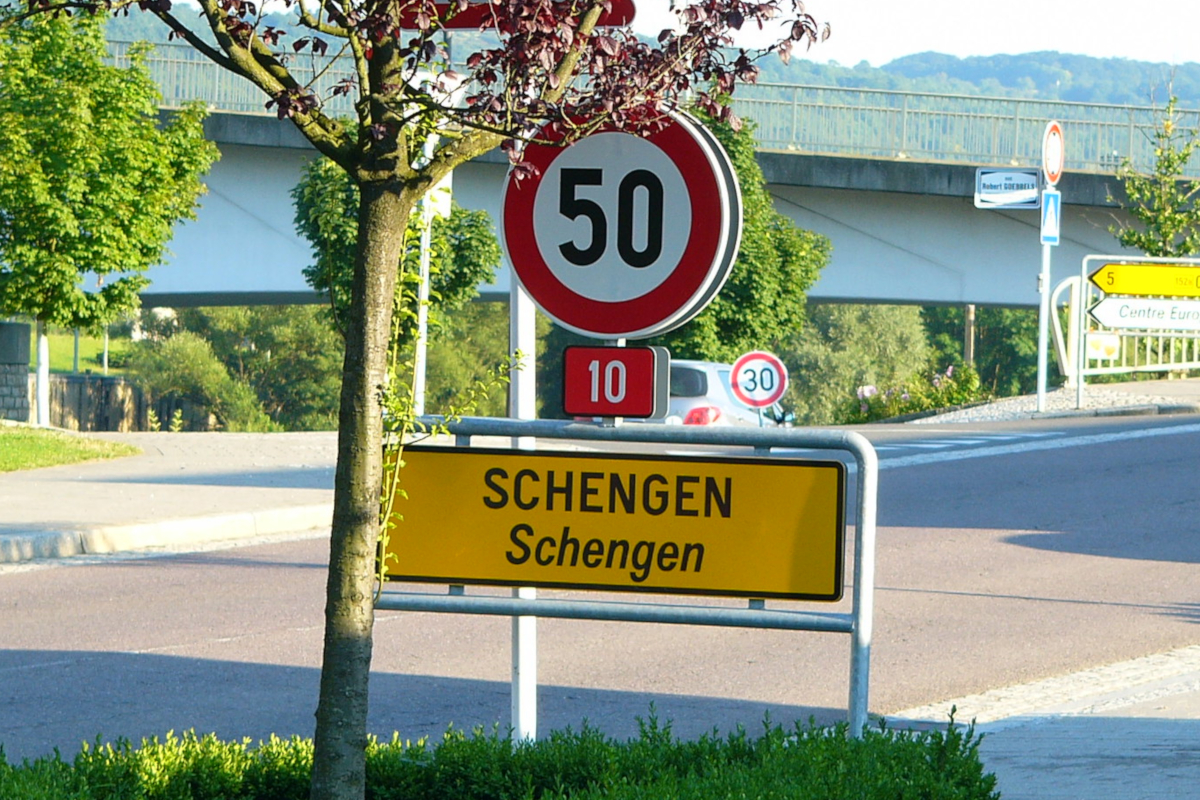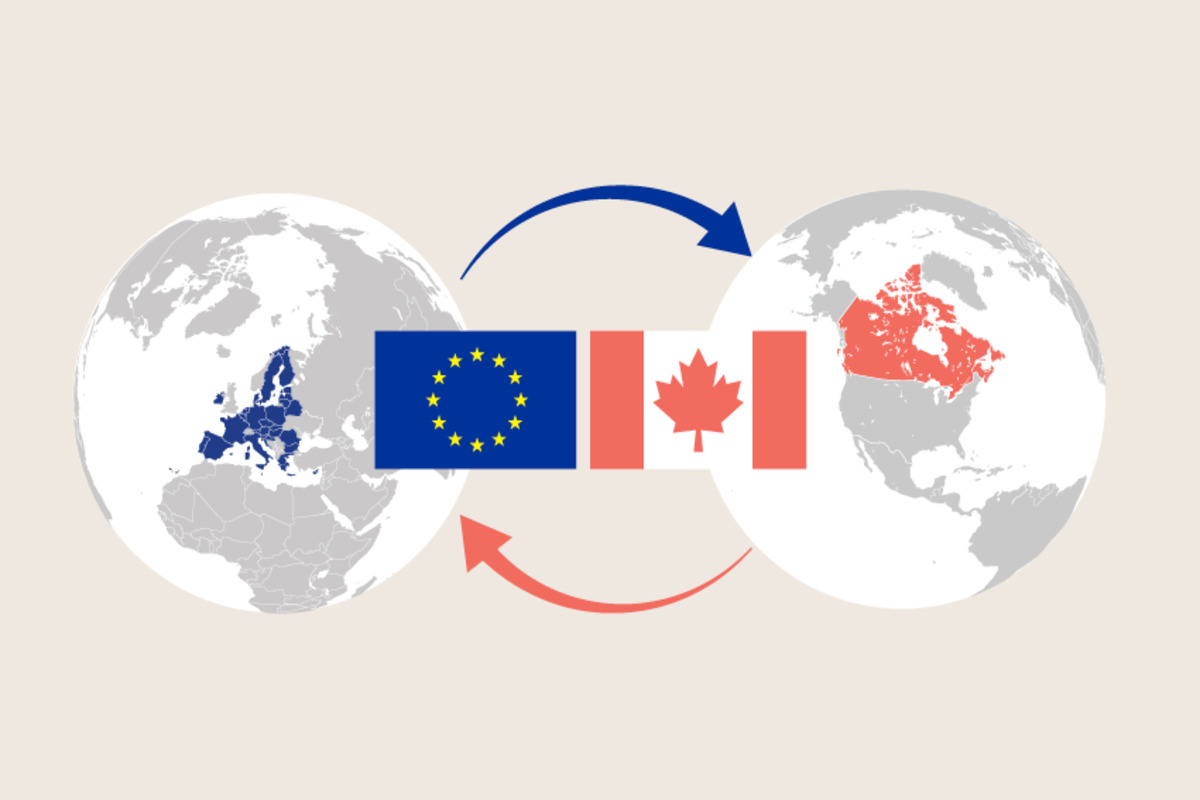Germany: Legal change could criminalise sea rescue and humanitarian assistance
Topic
Country/Region
30 November 2023
A planned amendment to the Residence Act in Germany has prompted more than 50 organisations to raise concerns about the potential criminalisation of sea rescue and humanitarian assistance. The proposed changes to Section 96 of the Residence Act, under the "Return Improvement Act," could result in non-profit organisations that support people on the move in border areas facing criminal prosecution.
Support our work: become a Friend of Statewatch from as little as £1/€1 per month.

Image: Egor Myznik, Unsplash
The proposed legal amendment stipulates that assistance with irregular entry into the EU could be punishable with up to 10 years imprisonment if it is carried out “repeatedly or for the benefit of several foreigners”. An advantage for the person providing the assistance would no longer be relevant.
In a joint statement, more than 50 organisations, including Amnesty International, Doctors Without Borders and sea rescue organisations, expressed their concerns over the proposed changes. They warn that the planned change to the law could blur the distinction between profit-driven smuggling activities and humanitarian assistance.
The statement says that the amendment would put Germany squarely in the camp of EU states that are shrinking the space for civil society. This is, say the organisations, “a dangerous trend that must be stopped,” and one study has said that it “strikes at the heart of European values and contributes to the erosion of rule of law and democracy.”
While the German government emphasised in a statement that the amendments to Section 96 of the Residence Act are not intended to criminalise sea rescue, legal experts view this claim critically, underscoring that the ministry's intentions are irrelevant to the interpretation.
According to Carsten Gericke from the European Center for Constitutional and Human Rights, it is unclear how law enforcement authorities will ultimately apply the new rules, leading to considerable legal uncertainty and disruption to the work of humanitarian organisations.
The signatories of the joint declaration call for sanctions against humanitarian aid to be explicitly excluded from the proposed amendments to the Residence Act.
The European Commission this week announced its own proposal to "upgrade" EU legislation on migrant smuggling, replacing a 2002 Directive and boosting publishing specific measures aimed at boosting police powers and cooperation.
The Commission's proposal states "it is not the purpose of this Directive to criminalise, on the one hand, assistance provided to family members and, on the other hand, humanitarian assistance or the support of basic human needs provided to third-country nationals in compliance with legal obligations." It remains to be seen how legal and human rights experts assess the proposal.
Our work is only possible with your support.
Become a Friend of Statewatch from as little as £1/€1 per month.
Further reading

EU mulls intelligence-gathering obligations for search and rescue operations
Draft European Commission proposals would impose intelligence-gathering requirements on any ships that engage in search and rescue (SAR) operations at sea, in the name of "addressing the needs of those onboard as well as facilitating a smooth disembarkation and first reception". An employee of a search and rescue organisation has warned that "civil assets used in sea rescue operations should not be tasked with any law enforcement duty."

EU gears up for renewed crackdown on migrant smuggling
At the Schengen Council meeting on 19 October, ministers will discuss how to ramp up the EU's repressive measures against migrant smuggling and decide on "actions, commitments and sustainable solutions." A draft paper from the Spanish Council Presidency gives an indication of the plans that are in the works.

EU: More surveillance, funding and operational cooperation to fight migrant smuggling
A Spanish presidency note to member state representatives in the Council identifies cross-border organised crime as a key threat to the correct functioning of the Schengen area, calling for additional impetus in 2023-2024 to fight “cross-border, serious and organised crime”. Crimes involving smuggling and exploitation (including of children, trafficking, sexual exploitation) are deemed challenges for external border management and the Schengen area.
Spotted an error? If you've spotted a problem with this page, just click once to let us know.
